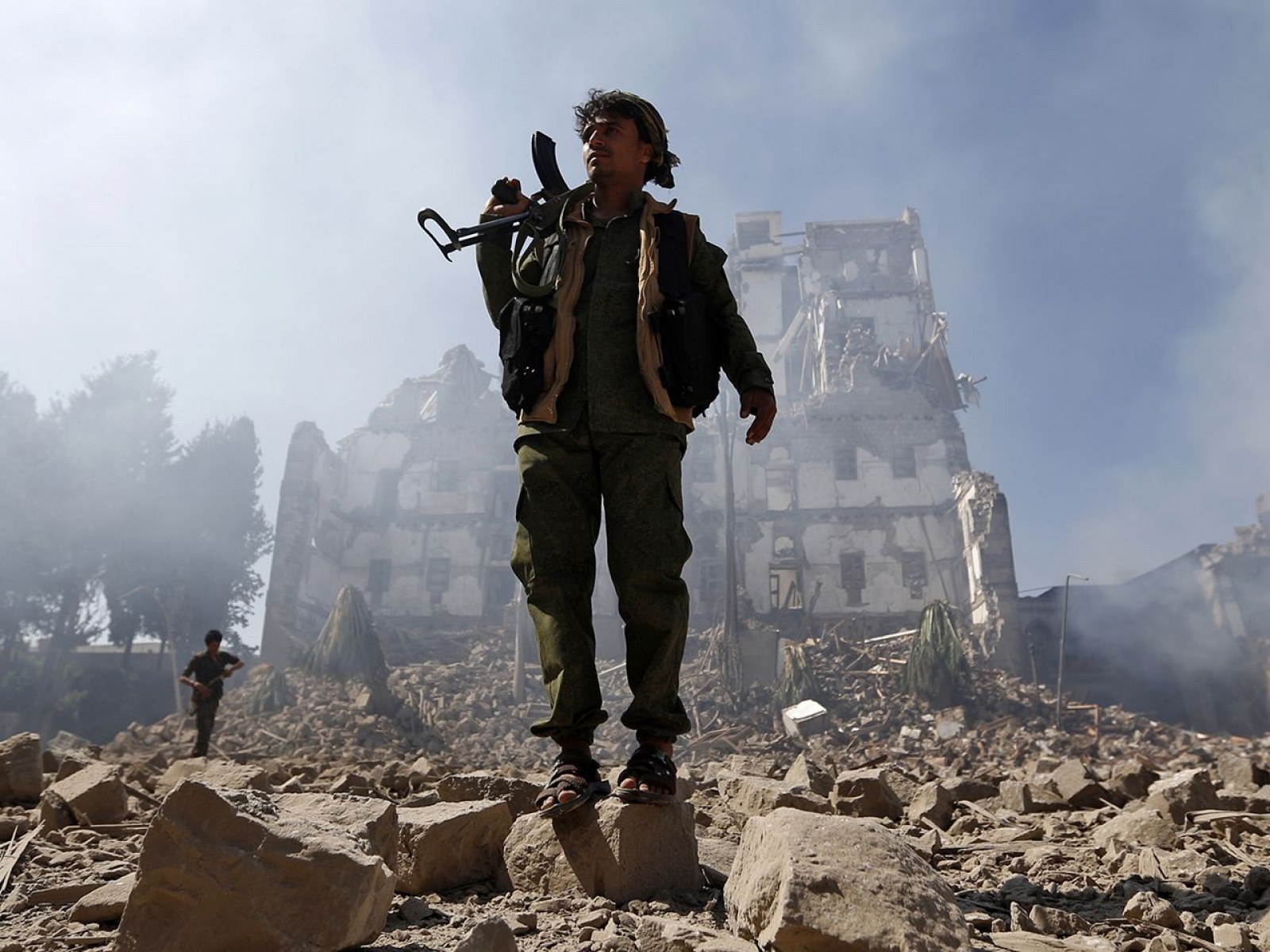For the first time in six years, warring parties in Yemen have all agreed upon a nationwide ceasefire that went into effect on Saturday, the first day of the holy month of Ramadan, in an effort to quell violence and provide some humanitarian and economic relief to the war torn country. The ceasefire, which was brokered by the United Nations and is set to last two months before an optional renewal, sets in place measures to stop fighting between the Saudi-led coalition and Iranian-backed Houthi rebels, both inside and outside the country (outside meaning Houthi missile/drone attacks on Saudi Arabia). The ultimate goal is to set the stage for potential peace talks.
In a statement released by the UN, Special Envoy for Yemen Hans Grundberg stated “The parties accepted to halt all offensive military air, ground and maritime operations inside Yemen and across its borders; they also agreed for fuel ships to enter into Hudaydah ports and commercial flights to operate in and out of Sana’a airport to predetermined destinations in the region; they further agreed to meet under my auspices to open roads in Taiz and other governorates in Yemen. The Truce can be renewed beyond the two-month period with the consent of the parties.”
Grundberg also added that “For the successful implementation of this Truce and for moving to the next steps, it is critical that this support continues in a sustained and focused manner. During these two months, I plan to intensify my work with the parties with the aim to reach a permanent ceasefire, address urgent economic and humanitarian measures and resume the political process. I call on the parties to fully adhere to and respect the Truce and its elements and to take all necessary steps to immediately implement it. This Truce is a first and long overdue step. All Yemeni women, men and children that have suffered immensely through over seven years of war expect nothing less than an end to this war. The parties must deliver nothing less.”
The civil war, which has been ongoing since 2014, has killed over an estimated 400,000 people, over half of which have been due to hunger or lack of medical treatment due to the destruction of healthcare infrastructure. Additionally, over 4 million people have been displaced. While fighting has been widespread between the Houthis and forces loyal to Yemen’s national government, backed by coalition airpower and ground forces, shifts in territorial control have largely stagnated. With this, coalition airstrikes have targeted Houthi targets on a regular basis, which have seen widespread condemnation for also killing civilians and causing collateral damage. In recent years, Houthis have been using explosive drones and missiles developed or supplied by Iran to strike oil and transportation infrastructure in Saudi Arabia.


